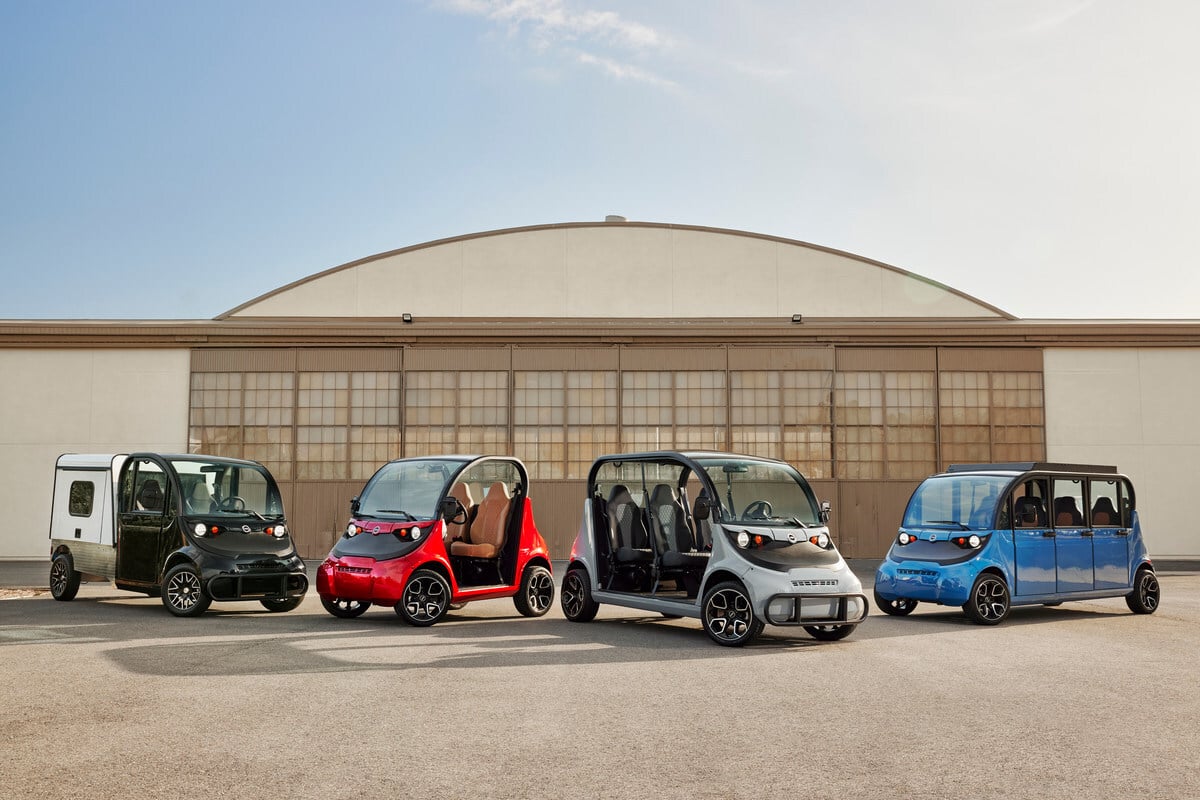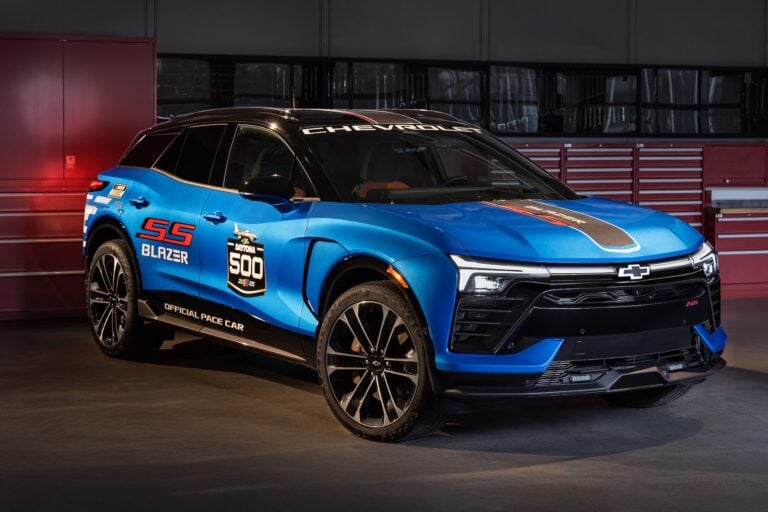Sign up for our popular daily email to catch all the latest EV news!
Waev Inc. is spearheading a legal battle to include low-speed electric vehicles (LSVs) in federal tax credits. The company has filed lawsuits against the EPA and IRS, challenging regulations that exclude LSVs from the Inflation Reduction Act’s incentives.
Key Highlights:
- Waev Inc. filed lawsuits against the EPA and IRS to include LSVs in federal tax credits.
- The legal action targets outdated regulations that exclude LSVs from the Inflation Reduction Act incentives.
- Waev is represented by Sidley Austin LLP, a global law firm with a track record of challenging EPA regulations.
Waev Inc., based in Anaheim, California, is leading an unprecedented legal initiative to broaden the eligibility for federal tax credits under the Inflation Reduction Act. The current eligibility criteria exclude low-speed electric vehicles (LSVs), which are among the most cost-effective, easy-to-charge, and efficient options for local travel. In response, Waev has initiated federal court actions against the Environmental Protection Agency (EPA) and the Internal Revenue Service (IRS).
“Not all EVs need to travel more than 200 miles or operate at highway speeds – especially when roughly 50 percent of trips are less than five miles on local roads. Safe, street-legal, right-sized low-speed electric vehicles should be incentivized as the important mode of modern mobility that they are, not excluded by an antiquated regulation,” said Paul Vitrano, chief legal and policy officer of Waev. “LSVs are a viable alternative to full-size cars, trucks, and vans, and their low cost – coupled with the federal incentives – will help more Americans access sustainable vehicles.”
The IRS relies on a 1974 EPA regulation that narrowly defines “motor vehicle” to exclude those that do not exceed 25 mph, a definition established nearly 25 years before the LSV category was created by the National Highway Traffic Safety Administration (NHTSA). To address this, Waev has filed a petition for review in the U.S. Court of Appeals for the D.C. Circuit, aiming to invalidate this outdated EPA regulation. Additionally, Waev has filed a lawsuit against the IRS in the U.S. District Court for the District of Columbia, seeking to overturn the IRS’s exclusion of LSVs in its final rule issued on May 6, 2024. Waev is represented by Sidley Austin LLP, a global law firm known for its recent successes in challenging EPA regulations, including the U.S. Supreme Court case Ohio v. EPA.
“Personal and commercial customers are increasingly turning to GEM as a safe, enjoyable, and cost-efficient EV. As part of the ever-changing motor vehicle industry, we felt it was important to take the legal steps necessary to require the EPA and IRS to recognize this platform and the important role it can play in growing this sustainable method of transportation,” Vitrano added.
Low-Speed Vehicles:
- Street-legal, four-wheeled vehicles certified to Federal Motor Vehicle Safety Standard No. 500.
- Top speed of 25 mph and a gross vehicle weight rating of less than 3,000 lbs.
- Designed for use in communities, campuses, and cities, suitable for roads posted 35 mph or less.
- GEM offers two to six-seat passenger vehicles and two-seat truck models as sustainable alternatives to traditional sedans, vans, and trucks.
More than half of U.S. roadways have speed limits of 35 miles per hour or less, with more cities continually lowering speed limits to promote safer, healthier, and more equitable mobility. Waev’s innovative webapp, GEM Go, helps identify roads with speed limits of 35 mph or lower, legal for LSV operation in most areas.
Learn more about GEM electric vehicles at www.gemcar.com/low-speed-vehicles/.
Sign up for our popular daily email to catch all the latest EV news!








